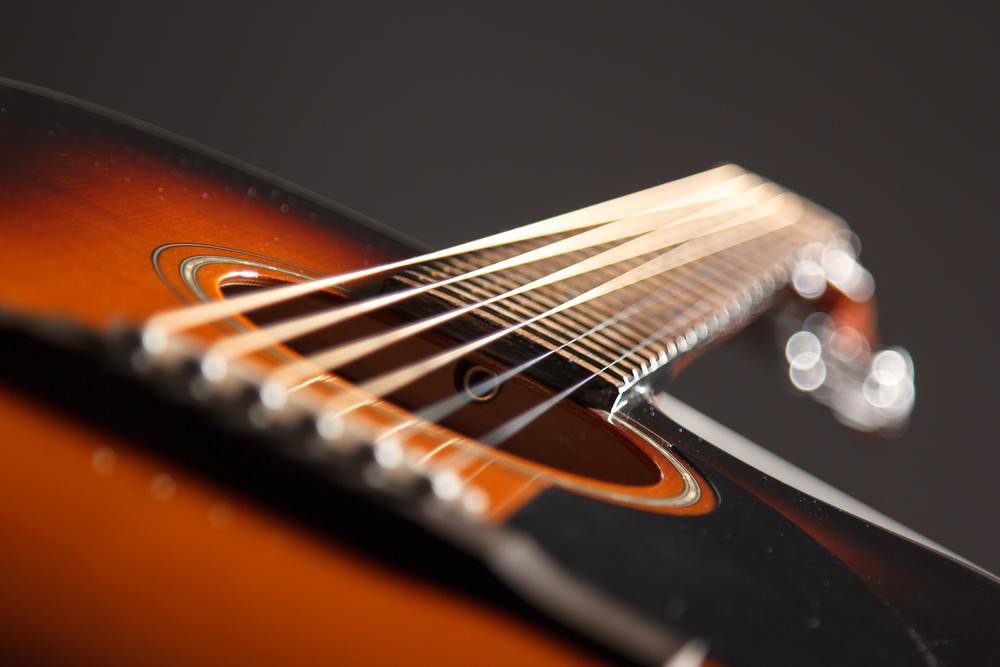 “Being a musician isn’t about pursuing some nirvana of artistic enlightenment; it’s about endless refinement and discovery.”
“Being a musician isn’t about pursuing some nirvana of artistic enlightenment; it’s about endless refinement and discovery.”
–The Musician’s Way, p. 110
This blog and The Musician’s Way book explore diverse strategies to practice deeply and perform fearlessly.
If you’re a regular reader, you’ve taken in bundles of information, so it would be reasonable to ask, “What’s the best way to absorb all of these concepts?”
The answer is to apply them again and again – especially through mastering one accessible piece after another – and via that process to cultivate artistry and forge an assured practice and performance style.
The Essence of Creativity: Process
The key word here is process.
When we musicians fell in love with music and started to sing or play instruments, we activated a process that goes on without end because to be a musician isn’t about pursuing some nirvana of artistic enlightenment; it’s about endless refinement and discovery.
Along the way, we experience triumphs and setbacks, and we need them both to see which routes lead forward.
Such is the nature of the creative process. The route has twists and potholes, plus it isn’t clearly marked – we chart much of it on our own in the solitude of a practice room.
How do we endure the many difficulties?
We commit to the process itself, recognizing that it’s on this often-bumpy road that our music making and creative growth occur.
“When we musicians fell in love with music and started to sing or play instruments, we activated a process that goes on without end.”
Self-Motivation and Detachment
Sticking with the creative process, though, calls for both self-motivation and a kind of detachment.
That is, rather than getting wrapped up in every little thing that goes right or wrong, we have to maintain an objective stance toward our work so that we can evaluate our strengths and weaknesses evenhandedly.
That’s not easy to do, but a commitment to process acts like an inner GPS. We can carry on through successes and dilemmas without emotional extremes knocking us astray.
With a process orientation, when we run into a technical problem in practice, we don’t sulk in frustration; we proceed with gusto to unpack the impasse.
“We have to maintain an objective stance toward our work so that we can evaluate our strengths and weaknesses evenhandedly.”
Similarly, if we botch a phrase in concert, we go over that phrase the next day, conscious that it contains something we need to learn. Like the athlete who drops the ball, we analyze what went wrong, make corrections, and jump back in the game.
We treat slip-ups as information for use in bettering our art, not as tests of our talent or personal worth.
Although we love your work, we know that we are much more than our work.
With patient enthusiasm, we practice, advancing on our path.
The Musician’s Way spells out creative approaches to practice, perform and collaborate, which musicians worldwide rave about.
Related posts
Countering Perfectionism
How Not to Be Creative
Off, Off, ON!
Practicing Performance
© 2014 Gerald Klickstein
Adapted from The Musician’s Way, p. 109-110
Photo via Pixabay


I think that initial quote has captivated my attention 🙂
Indeed, music is an endless journey; a journey of never-ending victories and failures. It has no religion,no caste, no language; its just magic 🙂
I will definitely go for this book.It seems promising and I am quite sure it will stand up to my expectations.